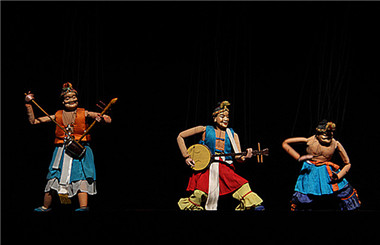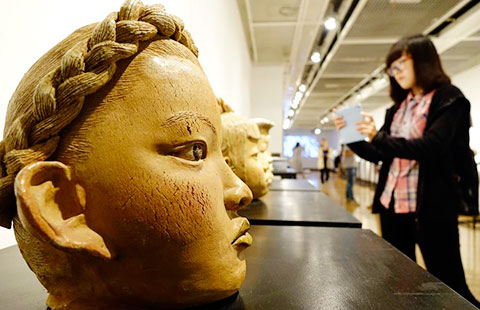Mainland TV drama scores crossover success in Taiwan
( Xinhua ) Updated: 2015-11-15 16:01:41Teng said many Taiwanese TV stations have stopped producing period dramas because of the cost of costumes and settings, and the increasing difficulty of finding shooting locations on the much-modernized island.
Mainland productions have filled the gaps.
Cross-Strait interaction in the TV industry goes beyond buying and selling. Many Taiwanese actors, screenwriters and directors have developed successful careers across the Strait. One of the main characters in "Nirvana in Fire" was played by an Taiwanese actor.
Period shows have been more successful in crossover than ones set in modern times because they are more socially and politically compatible.
"People across the Strait share similar views on ancient China and history. We indeed have the same ancestors and traditions," Teng said.
Mismatches become more obvious when programs cover goings-on after the establishment of the People's Republic of China in 1949, when exchanges between the two sides stalled.
"The differences are about accents and language but also about social context. People need to be able to relate to contemporary dramas and feel included. That's where mainland productions are less appealing," according to Teng.
The two sides of the Strait resumed business and personnel exchanges in the late 1980s but free travel for ordinary people remained difficult. Bans on direct flights, mail and trade were only lifted about seven years ago.
It has been almost a week since the leaders on the two sides of the Strait met for the first time in 66 years.
|
|
|
|
|
|
|
|






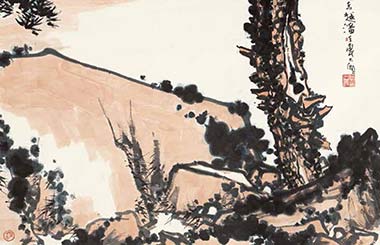
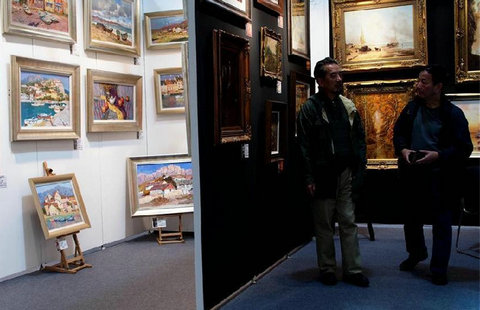












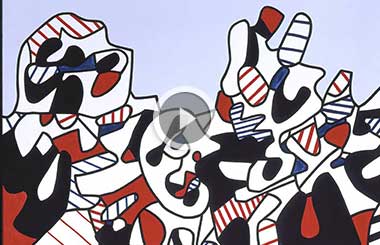


 Raymond Zhou:
Raymond Zhou: Pauline D Loh:
Pauline D Loh: Hot Pot
Hot Pot Eco China
Eco China China Dream
China Dream China Face
China Face


